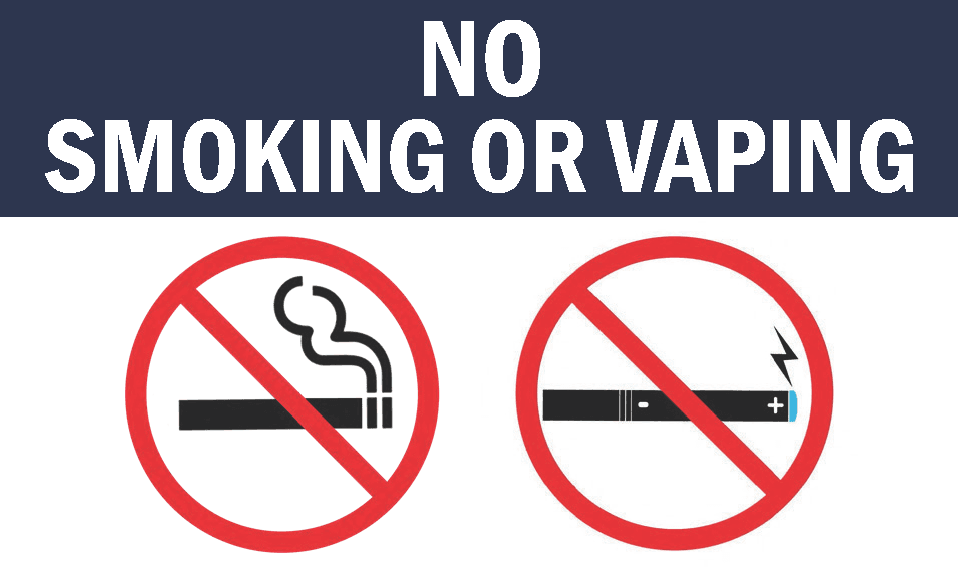The state of Georgia has long criminalized harm reduction whatever way it can, and tobacco harm reduction has not escaped its gaze.
On March 21, an overwhelming majority of Georgia legislators voted to advance Senate Bill 47, which would ban vaping in all the public spaces that combustible cigarettes are banned under the Georgia 2005 Smoke Free Air Act. The fines for doing so would range from $100 to $500. We await Governor Kemp’s signature on yet another piece of paper telling us how we must keep the public unhealthy, in the interest of public health.
The bill pertains to “offenses against public health and morals,” and would revise the definition of “smoking” to the following: “Such term includes the use of an electronic smoking device which creates an aerosol or vapor or the use of any oral smoking device for the purpose of circumventing the prohibition of smoking.”
Perhaps most insidious of all is the provision that public vaping violations should be prosecuted as misdemeanors.
The exceptions to the Georgia 2005 Smoke Free Air Act, aside from designated smoking areas, tend to favor “private rooms” and places more accessible to the those above the poverty line. Can vape inside the high-end specialty tobacco shop at the mall. Cannot vape in the convenience store.
Perhaps most insidious of all is the provision that public vaping violations should be prosecuted as misdemeanors. In Georgia, people convicted of misdemeanors can be incarcerated for up to a year, and banned from certain jobs. People from underresourced communities are the most likely to smoke. So on top of financially burdening people with fines, we disenfranchise them from income and incarcerate them to work for free rather than allow harm reduction in public spaces. All under the pretext of public safety.
“[Vapes have] got aerosol in them that has ultra fine particles and low levels of toxins that have been known to cause cancer,” sponsor Sen. Chuck Hufstetler (R) said in February. “They can certainly exacerbate respiratory conditions like asthma and constrict arteries and have some health risk, and so people shouldn’t be expected to have to breathe these in, in a public space.”
Though some research has suggested potential secondhand harms from exhaled vapor, much of it is disputed. “While health risks of e-cigarettes to vapers themselves have been estimated at up to 5 percent of health risks of smoking, health risks to bystanders are most likely reduced by a much bigger margin, and most likely altogether,” said Professor Peter Hajek, director of the Tobacco Dependence Research Unit at Queen Mary University of London, in response to one such study in 2022.
What’s not disputed is that tobacco use—overwhelmingly smoking—causes almost 12,000 fatalities in Georgia each year. It’s the state’s leading cause of preventable death.
If the only public places people can vape are the smoking areas, how many will switch back?
The continued misinformation about supposed harms of the most effective substitute for cigarettes—from the misconception that nicotine causes cancer to junk science linking vaping to heart attacks—is endlessly frustrating. Since vaping helps reduce rates of smoking and is far safer than smoking, more access to vaping means fewer deaths and less exposure to secondhand smoke.
The Georgia Department of Public Health was very preoccupied with vaping in 2019, warning the public of 42 cases of “vaping-associated illness” including six deaths. It has not published much on the topic since then. And like the CDC, it has been reluctant to clarify that vitamin E acetate in adulterated THC cartridges—not nicotine vapes—is overwhelmingly indicated as the cause of these lung illnesses.
Part of the appeal of cigarettes is the ease with which they facilitate social connections in public places. Many who practice tobacco harm reduction by switching to vaping might still find some of the same dynamics by vaping among friends, away from the cigarettes they’re trying to avoid. If the only public places people can vape are the smoking-designated areas where they’re surrounded by cigarette smoke, how many will switch back to the more harmful option? In the words popularly attributed to Mark Twain: “History doesn’t repeat itself, but it often rhymes.”
Meanwhile, those of us in the state’s prison system continue to see violence resulting from tobacco bans contributing to record rates of homicides. No new laws are being proposed to address that.
Image via City of Baton Rouge, Louisiana




